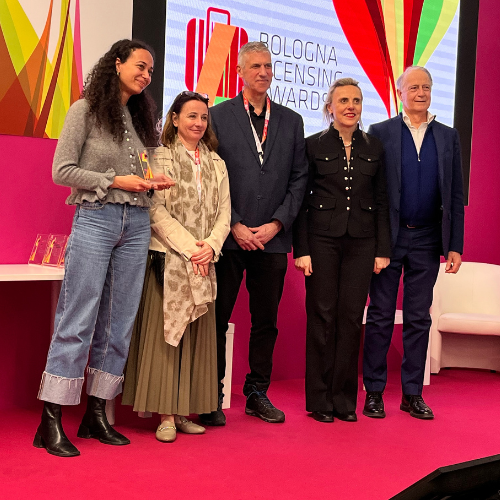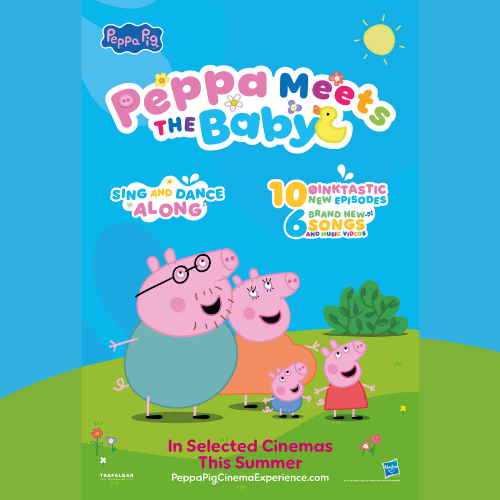FatFace’s Gabrielle Sims on why partnerships are key to a successful licensing strategy.
The first hurdle you need to consider before deciding whether your brand is right for licensing is the fact that the high street is already saturated with brands and licensed products: the competition out there is fierce. You need to understand how consumers will fight through them to find yours and how YOU will set your brand apart to increase your discoverability, especially among brands who may actually be more established in the categories you’re considering. Ask why you deserve that all important retail shelf space and how will you secure it?
I have an extensive background in licensing, working on the agency side before I moved in-house, and I can tell you finding these answers and making the move to brand extension is not for the faint-hearted. Far from being easy, it takes time, innovation, brand consistency, persistence and – more importantly – brand loyalty and trust on behalf of your consumers.
That’s why I truly believe the brands that take note, listen to their consumers and understand the market – including trends and consumer behaviour – are those who are more likely to succeed when it comes to licensing. In my opinion, there is a very clear link between satisfied, happy customers and increased sales and success.
Without doubt some brands do enter into licensing because they think it’s a quick way to get additional revenue with little work, if not none at all. My warning to them is think again, because this type of hands off approach will only result in failure and a quick exit out of the industry.
Yes, there is no denying that, when done correctly, licensing is a great way to move into new, exciting categories and channels for your brand to engage with new consumers in new ways, as well as create an additional, potentially lucrative revenue stream. But the key to a successful licensing strategy – for me – is partnerships. There is a level of investment that is needed from both sides, including the brand owner – everything from resource, creative input, marketing and commitment.
So how to establish your point of difference? I believe that a brand with strong awareness, strong content/DNA will always have one. It’s these core attributes that make the brand, that instil customer loyalty, and that will become a major factor when it comes to extending and developing that brand in a way that is both meaningful and seemingly organically. It’s imperative that a brand really understands who they are and their consumers are. This will then form an integral part of understanding where (and whether) they sit at retail, how they position themselves against competitors and most importantly who their consumers are.
It’s critical when extending into new categories that it makes sense to your loyal and faithful consumers. Everything from design, material manufacturing, and so on, has to really incorporate what your brand stands for. This is the only way they will trust the new extensions and buy into that category. Over time this will grow into a new audience.
At Fat Face, we want to ensure that our journey and story is a major part of our licensing programme. It makes us who we are today. We care about our consumers, our suppliers and workers; we have a responsibility and everyone is important to us. We listen to our consumer and try to better what we do through, for example, our sustainable cotton initiative. It’s these kinds of initiatives that will form what we are about as a brand and this will translate through our licensed programme.
It’s also essential that any brand – including us – signs up the right partners that are not only experts in a category but also who understand your brand and buy into your way of working and strategy. As a British brand, we will look for great British companies and, where possible, support manufacturing in the UK and support grass roots initiatives. We are a family brand that’s about loving life – we know that this is at the heart of our brand – and we ensure that it’s also at the heart of our licensing programme.
Gabrielle Sims is head of licensing at FatFace. She is taking part in a panel session – The versatility of a brand licensing programme – at Brand Licensing Europe, which runs from October 10-12 at London’s Olympia. This article originally appeared on Retail Gazette.

































